TDR Special Issue – Performance, Possession and Automation
Call for Papers: Performance, Possession and Automation
Deadline: Wednesday, February 1, 2024
Proposals for articles should be no more than 300 words
For a special issue of TDR: The Drama Review, co-editors Rebecca Schneider, Dhanveer Singh Brar and Nicholas Ridout seek submissions which consider performances as social and aesthetic practices that potentially work in opposition to the order imposed on human subjects by capitalist automation, and which might thereby open up spaces for experiences of ecstasy, personhood, possession, or gathering not legible within colonial-capitalist aesthetic regimes.
Today we are used to historicising automation through both the Fordist assembly line and the deindustrialisation of European and North American economies from the 1970s onwards. As a result of this received history of automation, in contemporary discourse it appears in three contrasting registers: as the harbinger of a capitalist utopia in the rhetoric of Silicon Valley; as an historic challenge to working class solidarity and left political struggle; and as a process that can be seized upon by the left to rethink political futurity by embracing an egalitarian capture of automation.
With this call for papers, we seek submissions which embrace a different perspective. We propose that the historical account of automation needs to go back at least 500 years, and take as its units of analysis not state, factory and worker, but empire, plantation and slave. As a result, we also consider automation not just as a process in which humans are replaced, but as something that happens to human subjects, in their entanglement with machines and systems. In other words, under capitalism human subjects always risk becoming automated, and are constantly involved in resistance to the threat of automation. This was as true in the plantation as it is today in the Amazon fulfilment warehouse. These situations are different, but they participate in the same logic of production, of goods, services and subjectivities, alongside the refusal to allow this logic to run efficiently.
Our sense that performance might contribute to such a refusal draws inspiration from the thought of Sylvia Wynter, who articulated the historical continuity of its political charge in a 1977 essay:
While if in the rituals it was the techniques of possession which breached the iron walls of the prison of their everyday slave plantation existence, black music, from the spirituals to the blues to jazz and all its variants, and now to Marley and Reggae, secularized the formerly spiritual religious ecstasy, displaced it into an aesthetic space, where it made the ultimate revolutionary demand, the demand for happiness/fulfilment now.
Sylvia Wynter ‘”We Know Where We Are From”: The Politics of Black Culture from Myal to Marley’
This ecstasy is, literally, the condition of being beside oneself, an experience of self-displacement that might open up, through the practice of performance, a sociality grounded in an altered self-consciousness and in which flight from automation becomes possible. In this ecstasy is secreted a potential to exceed the categories under which normal (automated) life is supposed to be lived.
We are especially concerned with styles of performance and cultural assemblages from across this 500-year history which animate this potential so as to reorder, confuse, and dissolve the terms of automation and the cultures in which it operates. We imagine that many examples of such performance will emphasise spontaneity, sociality and the expansion of human bodily and spiritual capacities. We are particularly interested in submissions which explore performances that take on external appearances of disorder and mismanagement in order to mask internally composed modalities of value and intention, or that propose alternate logics of organisation.
For further information, please contact:
Professor Rebecca Schneider rebecca.schneider@brown.edu
Dr Dhanveer Singh Brar d.s.brar@leeds.ac.uk
Professor Nicholas Ridout n.p.ridout@qmul.ac.uk
Please send proposals (maximum 300 words) for articles by Wednesday, February 1, 2024, to: possession.automation@gmail.com
